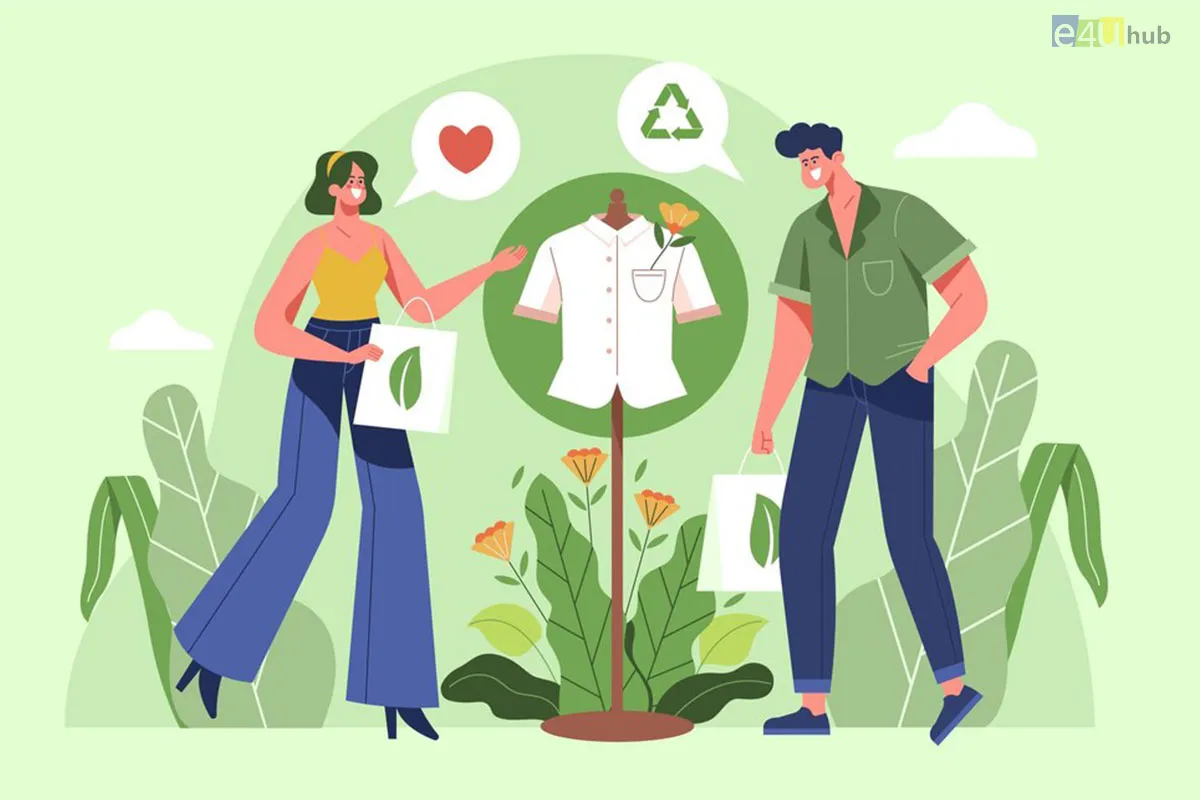
Fashion Forward: Exploring Sustainable and Ethical Clothing Brands
- 01 Feb, 2024
- Fashion
- 970 Views
- 0 Comments
In a world increasingly conscious of its environmental impact, the fashion industry is experiencing a transformative shift towards sustainability and ethics. Consumers are now seeking clothing that not only makes a style statement but also aligns with their values. In this blog post, we embark on a journey into sustainable and ethical fashion, exploring brands shaping the industry's future and redefining the concept of 'fashion forward.'
a. The Rise of Conscious Consumerism:
In recent years, the fashion landscape has witnessed a growing awareness of the environmental and social consequences associated with fast fashion. As a response, a wave of sustainable and ethical clothing brands has emerged, challenging the status quo and setting new standards for the industry.
b. What Makes a Brand Sustainable and Ethical?
1. Materials Matter:
Sustainable brands prioritize eco-friendly materials, such as organic cotton, Tencel, hemp, or recycled fabrics. These materials reduce the environmental impact of clothing production compared to traditional options.
2. Fair Labor Practices:
Ethical brands prioritize fair labor practices, ensuring that the individuals involved in the production process are treated fairly, paid a living wage, and worked in safe conditions. Transparent supply chains are a hallmark of ethical practices.
3. Reducing Waste:
Sustainable brands focus on minimizing waste throughout the production cycle. This includes reducing fabric waste, utilizing innovative design techniques, and implementing circular fashion principles, such as recycling and upcycling.
4. Local and Artisanal Production:
Some brands produce locally or work with artisans to support communities and reduce the carbon footprint associated with long-distance transportation.
c. Exploring Fashion Forward Brands:
1. Reformation:
Reformation is known for its chic designs made from sustainable materials. They prioritize eco-friendly practices, from fabric sourcing to energy-efficient manufacturing.
2. Patagonia:
Patagonia is a pioneer in ethical and sustainable outdoor apparel. They are committed to fair labor practices, use recycled materials, and actively engage in environmental activism.
3. Eileen Fisher:
Eileen Fisher is synonymous with timeless, minimalist designs. The brand focuses on sustainable fabrics and practices, embracing a circular design approach that includes take-back and recycling initiatives.
4. Veja:
Veja is a sustainable sneaker brand that emphasizes transparency and fair trade. Their sneakers are made with organic cotton, sustainably sourced rubber, and innovative materials.
5. Stella McCartney:
Renowned for cruelty-free and sustainable luxury fashion, Stella McCartney leads the way in ethical practices. The brand is committed to avoiding using leather and fur in its designs.
d. The Impact of Ethical Fashion:
As consumers increasingly opt for sustainable and ethical fashion, the impact on the industry is substantial. Brands adopting eco-friendly and ethical practices not only contribute to environmental conservation but also play a crucial role in promoting fair labor conditions globally.
Conclusion:
The future of fashion is undeniably intertwined with sustainability and ethics. As we explore these fashion-forward brands, we witness a shift towards a more conscious and responsible industry. By supporting brands that prioritize the planet and its people, consumers become catalysts for positive change, influencing the fashion landscape for generations to come. The journey towards a fashion-forward and sustainable future has well and truly begun.




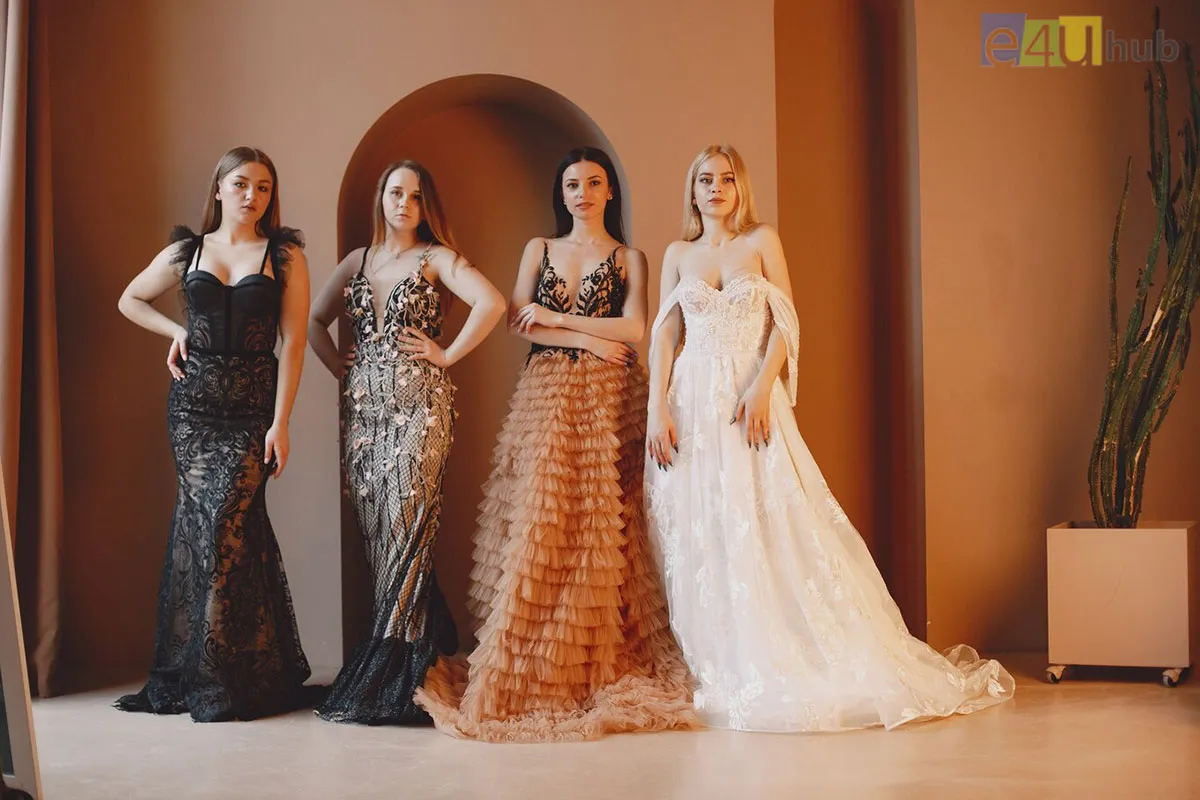
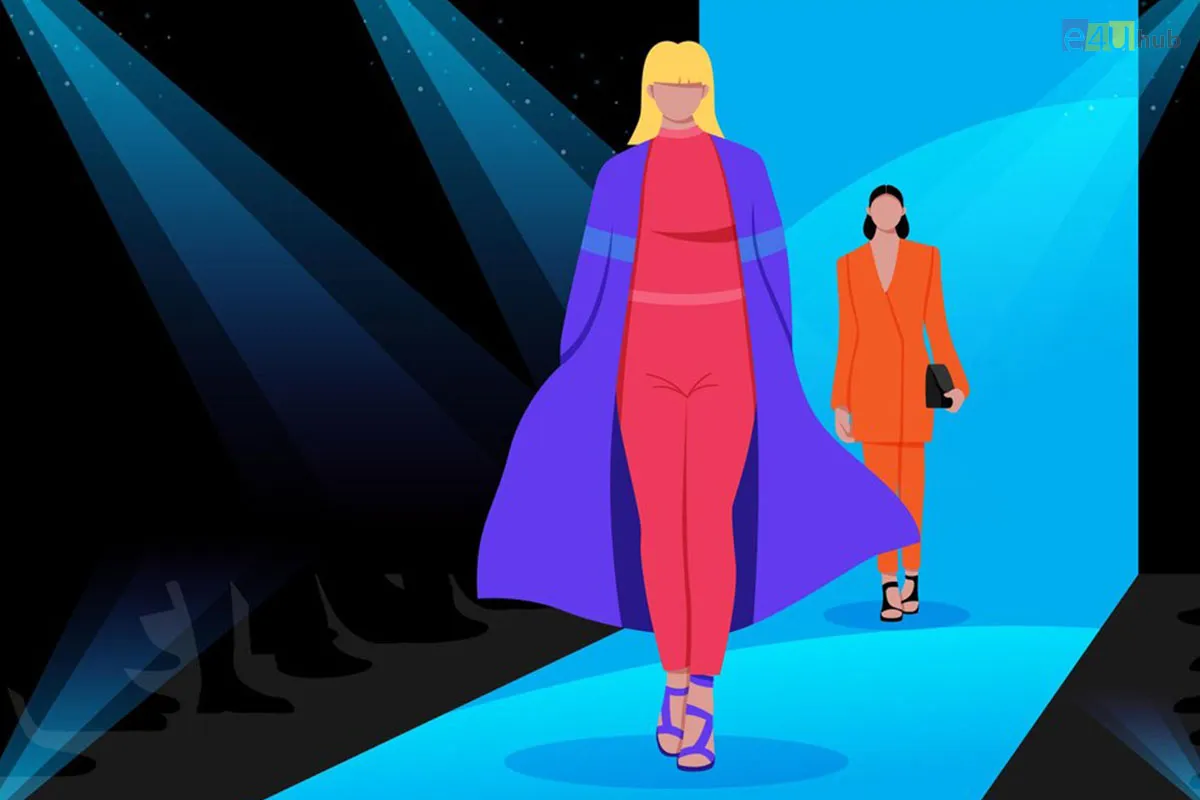
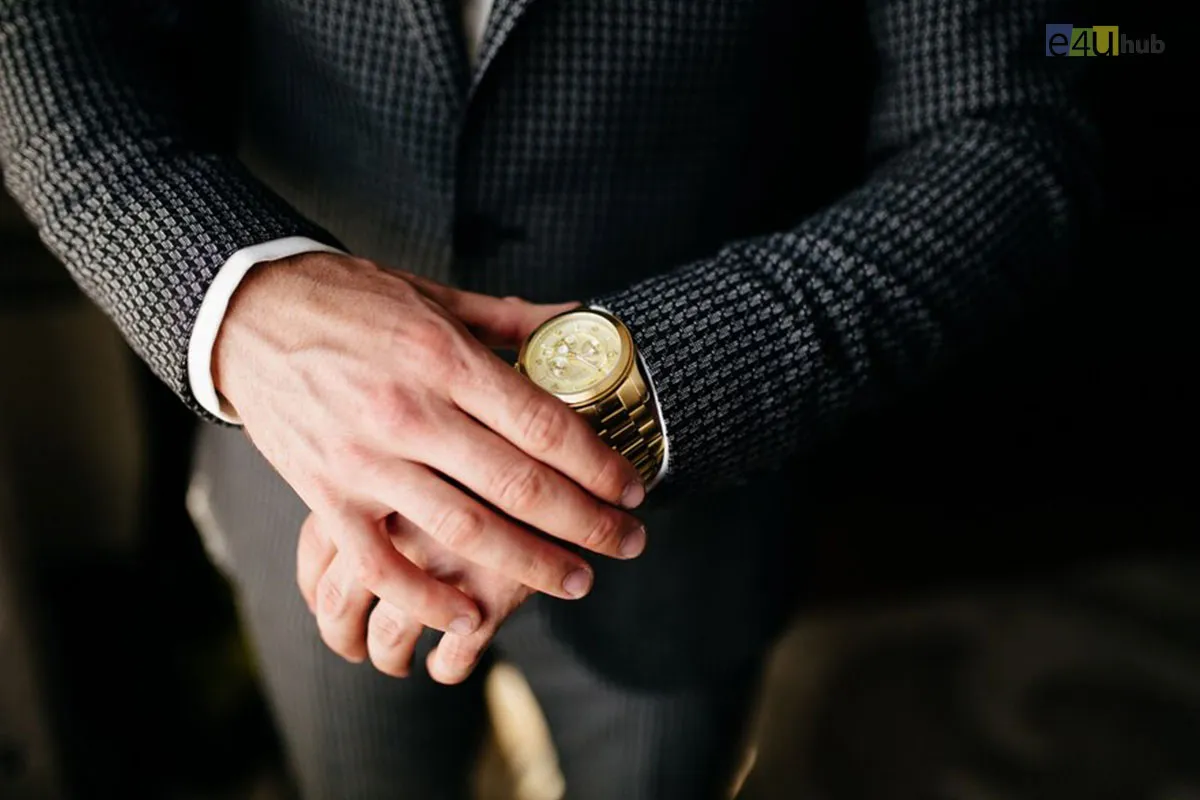
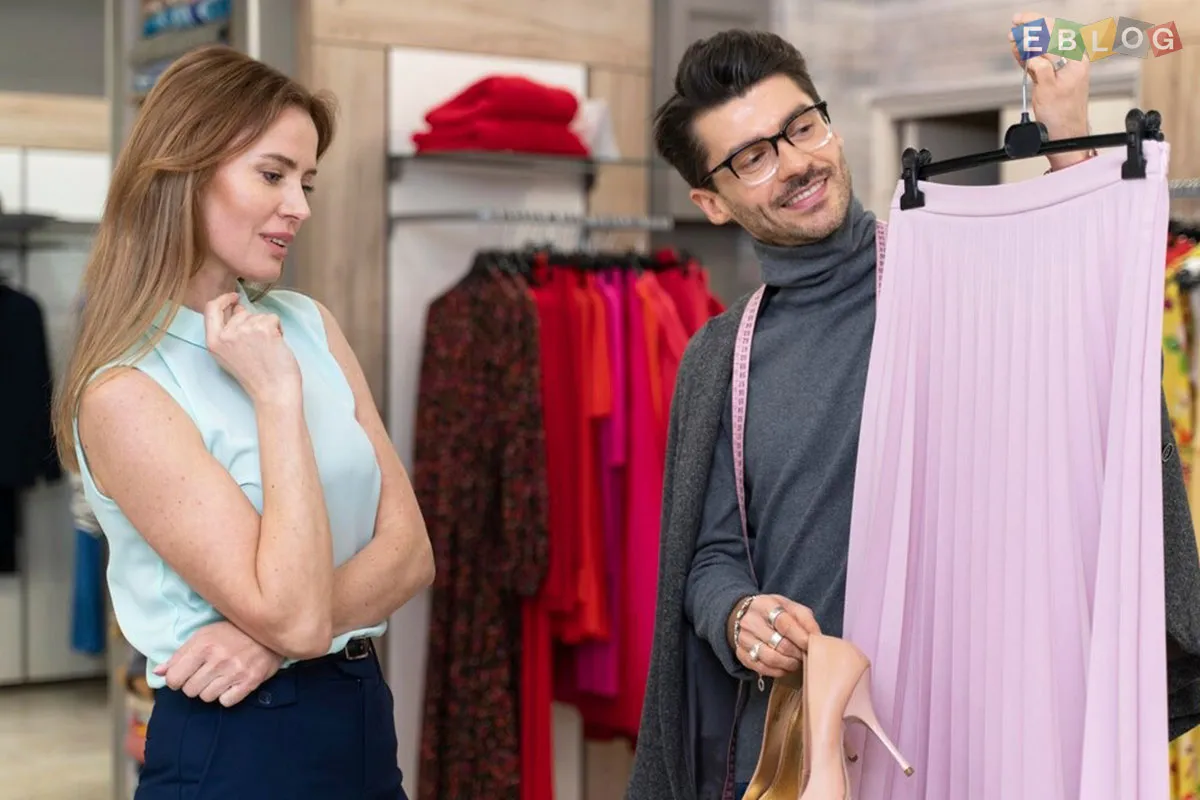
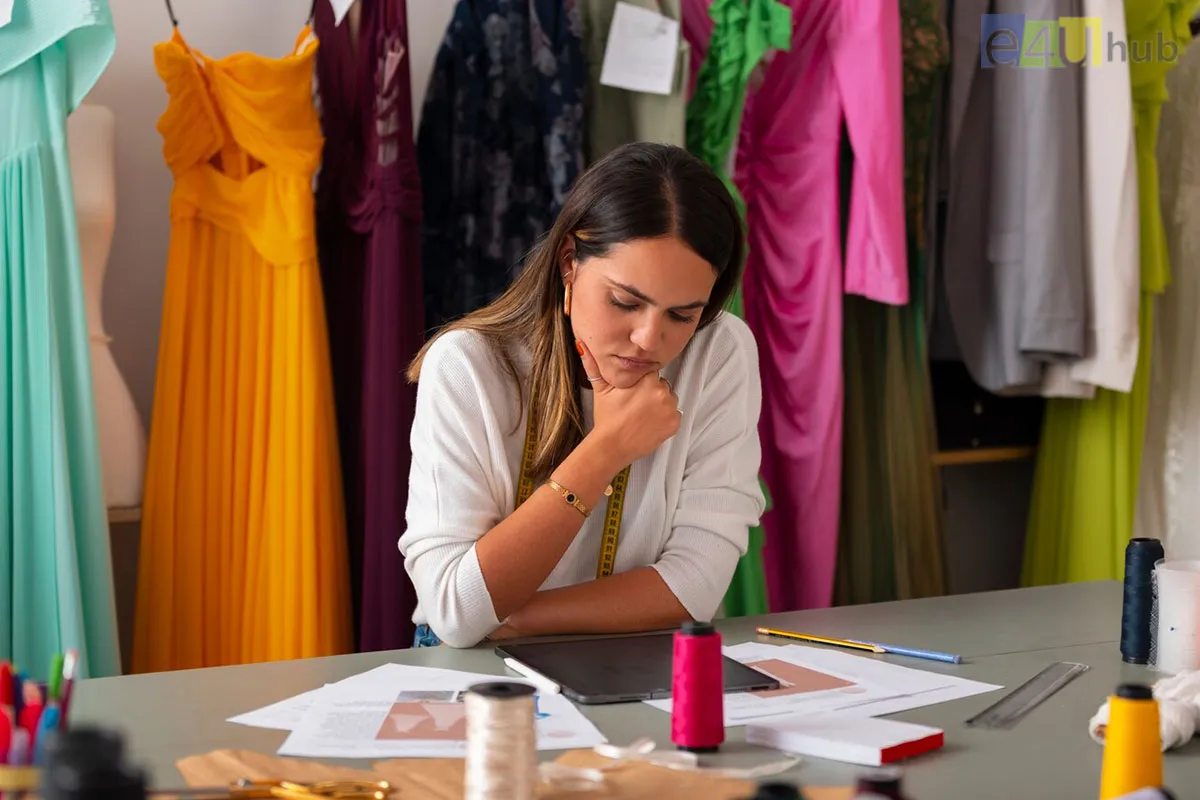
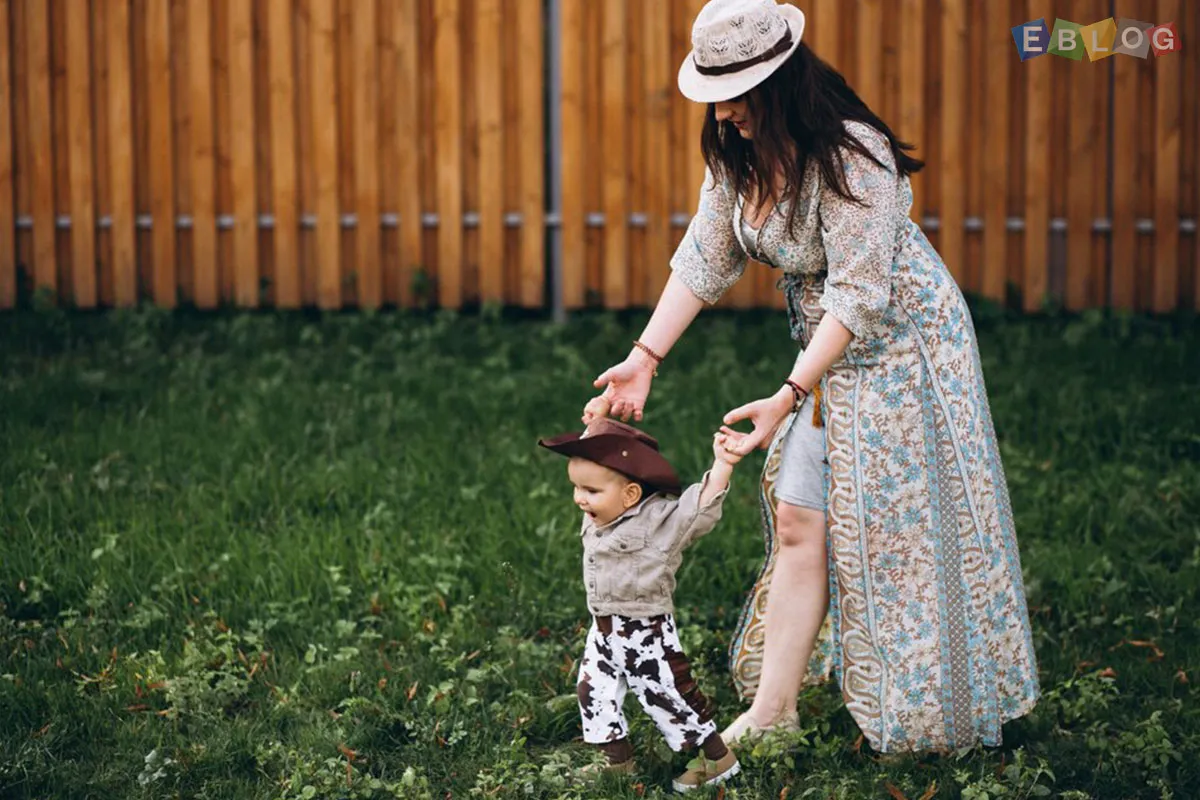

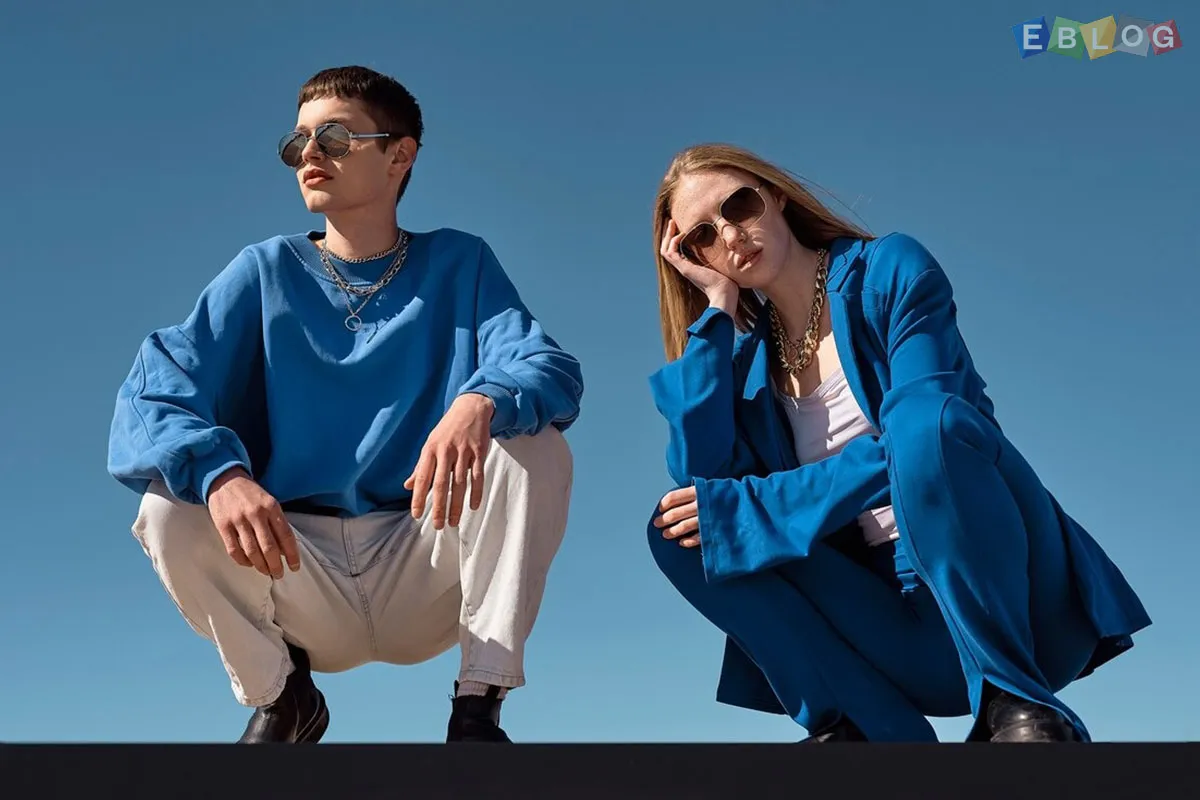
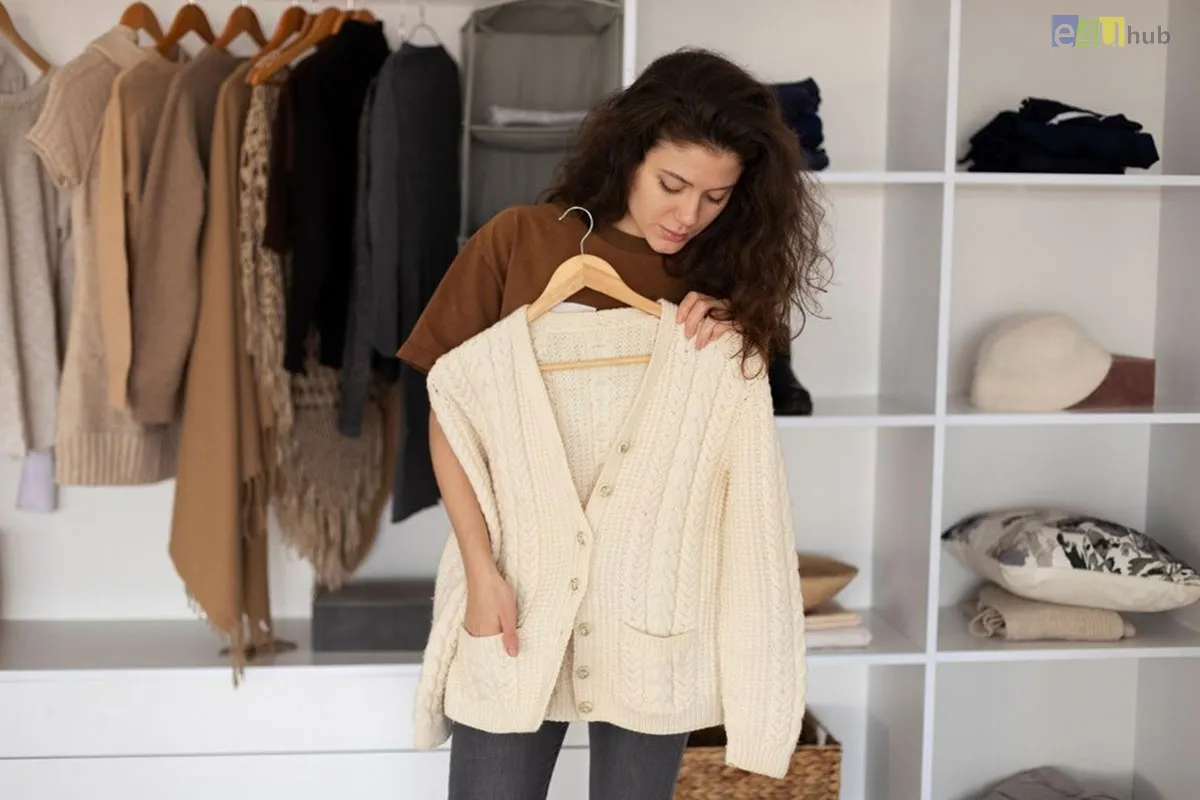
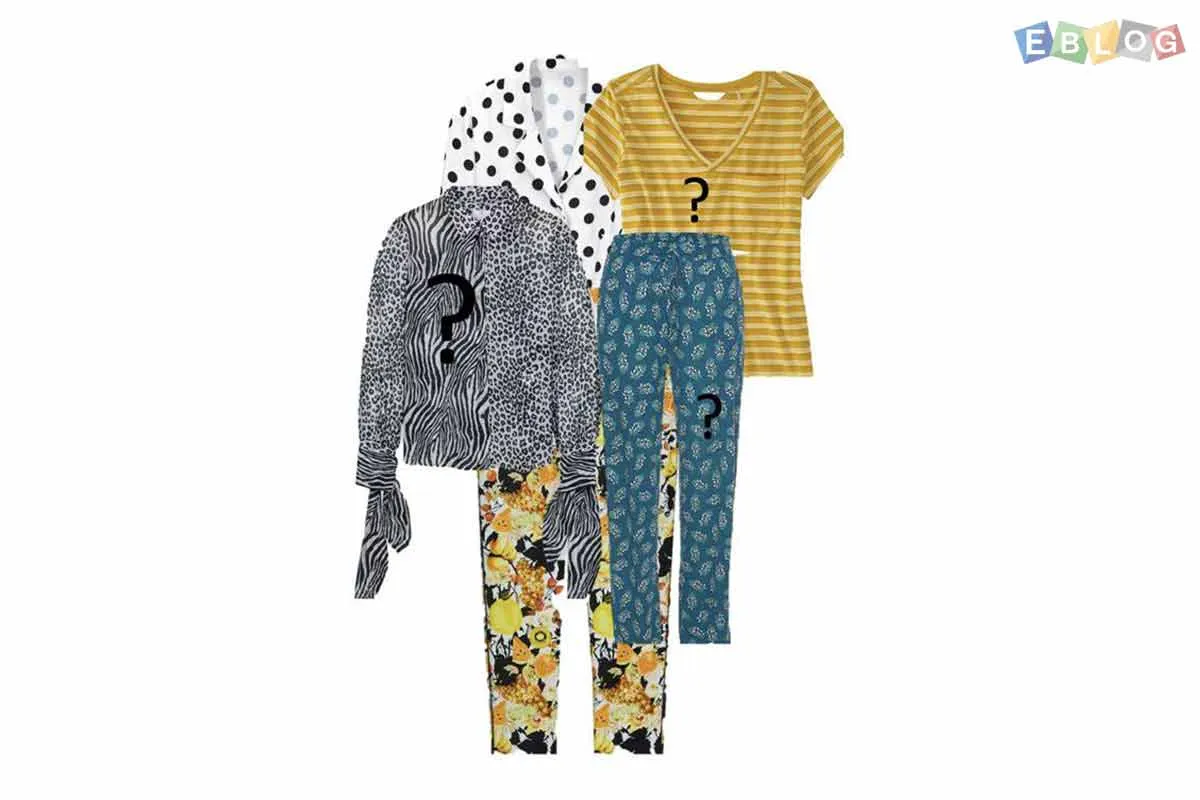

Leave a Reply